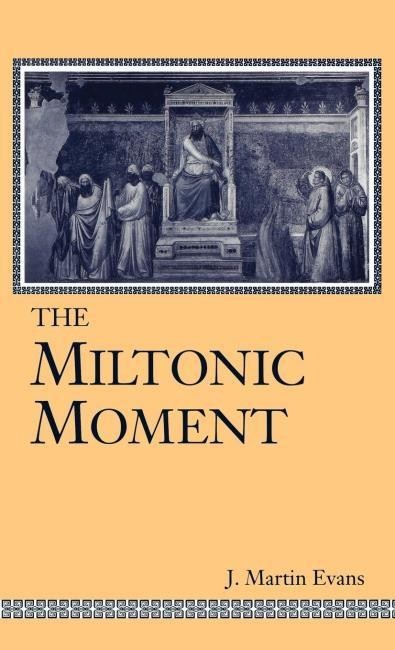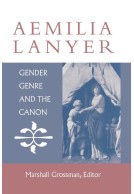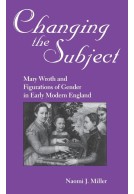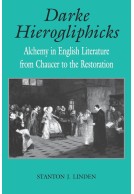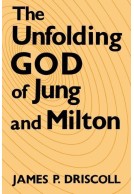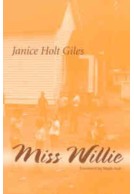Google Books previews are unavailable because you have chosen to turn off third party cookies for enhanced content. Visit our cookies page to review your cookie settings.
The Miltonic Moment (Hardback)
Imprint: University Press of Kentucky
Series: Studies in the English Renaissance
Pages: 176
ISBN: 9780813120607
Published: 21st May 1998
Script Academic & Professional
Series: Studies in the English Renaissance
Pages: 176
ISBN: 9780813120607
Published: 21st May 1998
Script Academic & Professional
This book will be reprinted and your order will be released in due course.
You'll be £27.00 closer to your next £10.00 credit when you purchase The Miltonic Moment. What's this?
+£4.99 UK Delivery or free UK delivery if order is over £40
(click here for international delivery rates)
Need a currency converter? Check XE.com for live rates
(click here for international delivery rates)
Need a currency converter? Check XE.com for live rates
Milton's poems invariably depict the decisive instant in a story, a moment of crisis that takes place just before the action undergoes a dramatic change of course. Such instants look backward to a past that is about to be superseded or repudiated and forward, at the same time, to a future that will immediately begin to unfold. Martin Evans identifies this moment of transition as "the Miltonic Moment."
This provocative new study focuses primarily on three of Milton's best known early poems: "On the Morning of Christ's Nativity," "A Mask Presented at Ludlow Castle (Comus)," and "Lycidas." These texts share a distinctive perceptual and cognitive structure, which Evans defines as characteristically Miltonic, embracing a single moment that is both ending and beginning.
The poems communicate a profound sense of intermediacy because they seem to take place between the boundaries that separate events. The works illuniated here, which also include Samson Agonistes and Paradise Regained, are all about transition from one form to another: from paganism to Christianity, from youthful inexperience to moral maturity, and from pastoral retirement to heroic engagement. This transformation is often ideological as well as historical or biographical.
Evans shows that the moment of transition is characteristic of all Milton's poetry, and he proposes a new way of reading one of the seminal writers of the seventeenth century. Evans concludes that the narrative reversals in Milton's poetry suggest his constant attempts to bring about an intellectual revolution that, at a time of religious and political change in England, would transform an age.
Other titles in the series...
Other titles in University Press of Kentucky...







